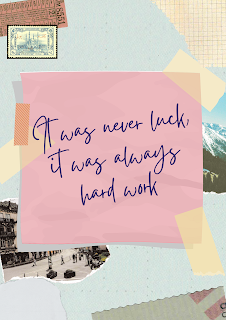
Mixed Tenses Exercise When I (to be) a child, I (spend) my summer holiday at my grandparent's house on the Costa Brava. In those days, about thirty years ago, there (be) no tourists there. I (love) to go to the fish market with my grandmother. I (not, be) there for a very long time, but I (still remember) everything. I (only, be) there once since I was a child. Last month, my husband and I were driving down the coast one day, and we (decide) to make a detour to see Costa Brava. When we (reach) my grandparent's old house, I hardly (recognise) it. At one time, it (stand) al...


